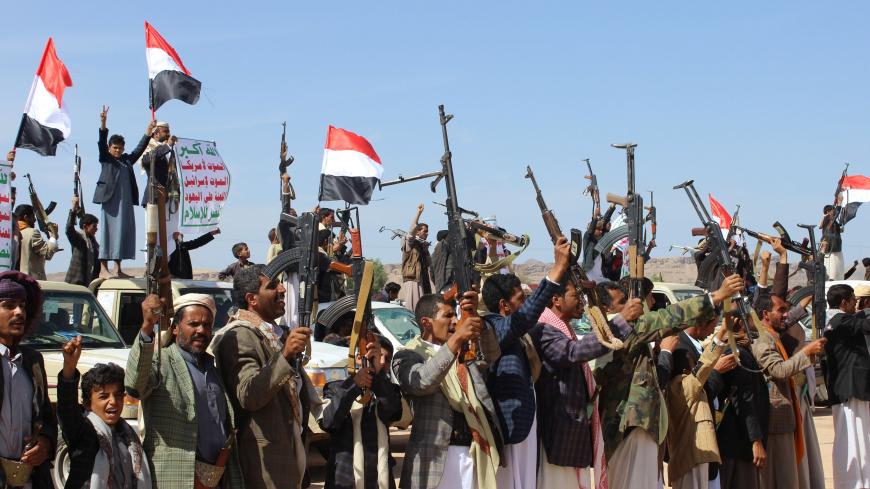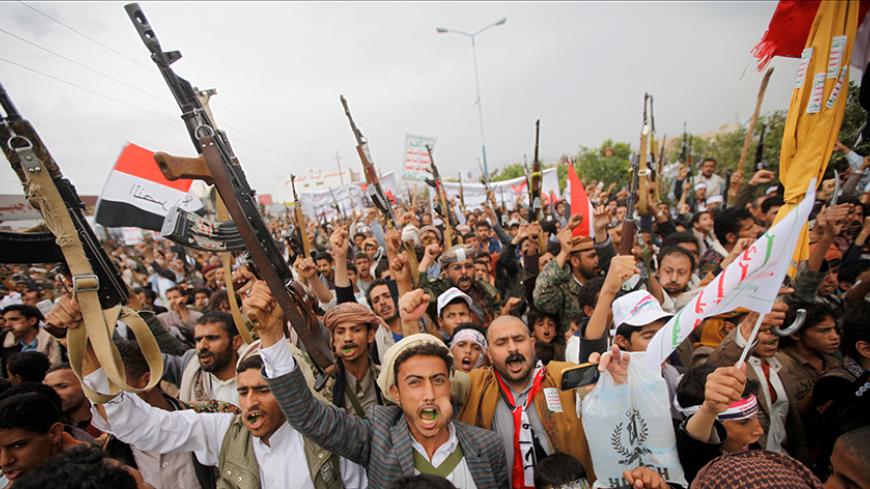Is Yemen headed for partition?
An open-ended cease-fire is needed for Yemen, but a de facto partition of the country is more likely.

The failure of the latest cease-fire in Yemen suggests a long process of attrition is ahead. Neither side appears interested in a political settlement. The de facto partition of the country is increasingly likely.
The 72-hour truce barely ended before Saudi and coalition airstrikes resumed on targets in the rebel-controlled cities in northern Yemen. The United Nations had said the truce was mostly holding, but the coalition charged that the Zaydi Houthis and loyalists of former President Ali Abdullah Saleh had violated it repeatedly. Saudi King Salman bin Abdul-Aziz Al Saud and UAE Crown Prince Mohammad bin Zayed met during the cease-fire and apparently agreed to resume the war.







